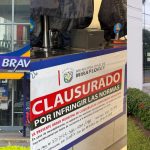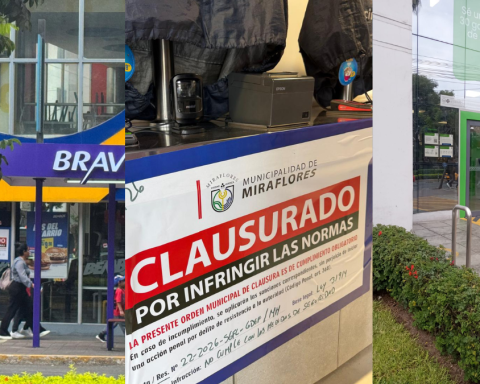The discussion on the “Myths and realities about the new post-pandemic normality” highlighted the need to work against disinformation and instill in citizens the habits of access to safe sources of information and vaccination against diseases.
The Ministry of Public Health and the National University of Asunción developed the discussion in order to analyze the actions that were developed to contain the disease from public and private institutions and civil society.
Thus, the omissions that could serve at that time to cope with the unexpected situation that had to be faced from all fronts of society were also examined.
“The pandemic that we just went through is something that we can go through again, not in a hundred years, but in the same generation. That is why it is necessary to talk about what we did and what we did not do to prepare for the next event, “said the director of Health Surveillance, Guillermo Sequera, on Thursday.
He stressed that the pandemic in the country is in decline and that in the last two weeks the average of positive cases that jump does not exceed 5 cases per day.
Regarding the transmissibility index, it is at the lowest levels since the pandemic began. Thus, he also maintained that in the course of it, the abysmal difference that differs from the application of the first dose versus the person who did not apply any dose could be visualized.
Thus, he also maintained that the largest hospitalizations occur in unvaccinated people. “That is why it is a good time to be up to date with the booster doses against covid-19 and to be up to date with the complete vaccination schedule,” he said.
At another point in his presentation, he maintained that in the course of the various vaccination campaigns, citizens were urged to go to the vaccination clinics to apply the vaccine that reduces the possibility of hospitalizations due to serious illness.
In turn, the director of the Expanded Immunization Program, Héctor Castro, said that if a pandemic occurs again, hard work must be done so that people know how to access secure information from their cell phones.
“An average person spends 5 hours with their cell phone and 80% of the information they consume comes from sources that do not necessarily have valid information, so they must work in the infodemic,” he explained.
He indicated that it was convenient, important and extremely healthy that debates have been established from the different sectors of society regarding vaccines.
“Discussions within the framework of respect, confronting opinions, seeking a consensus that is better, is extremely valid and even more so when it affects science,” he stressed.
Regarding access to medical care, he said that in the Paraguayan culture there is a very strong concept that the person should only go to the doctor when they are in their last state and that behavior is more frequent in males. “Many times the person who does not consult is nourished by information on social networks,” she finally stated.
The activity took place this Thursday from the discussion held at the Campus Convention Center of the National University of Asunción and was broadcast by Paraguay TV and broadcast by Radio Nacional del Paraguay.
The event was supported by the United Nations Children’s Fund (UNICEF), the United States Agency for International Development (USAID) and the Center for Information and Resources for Development (CIRD).
















